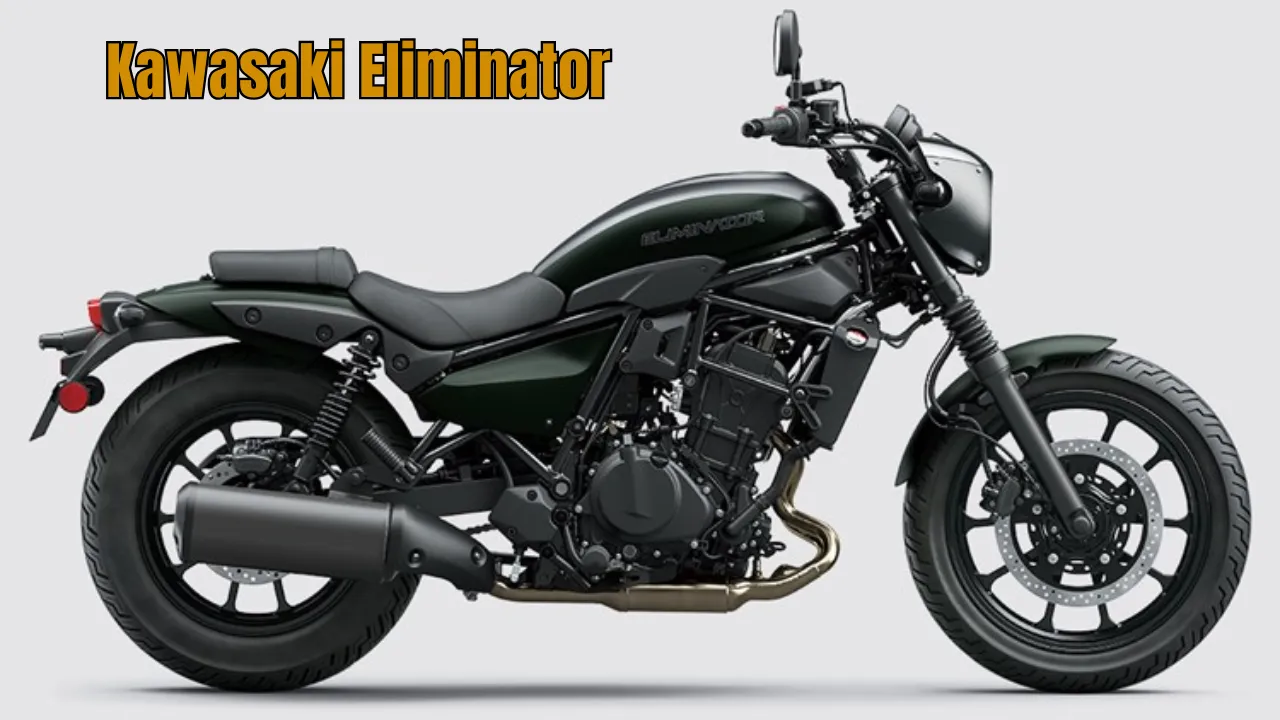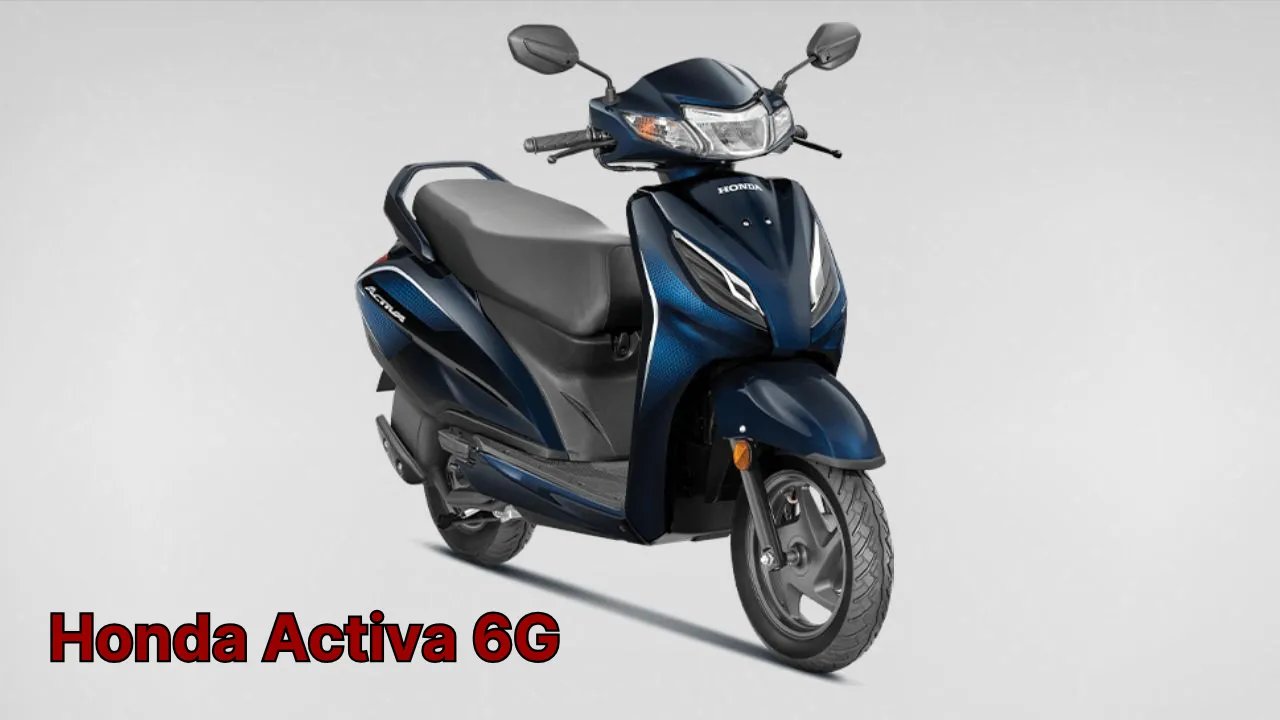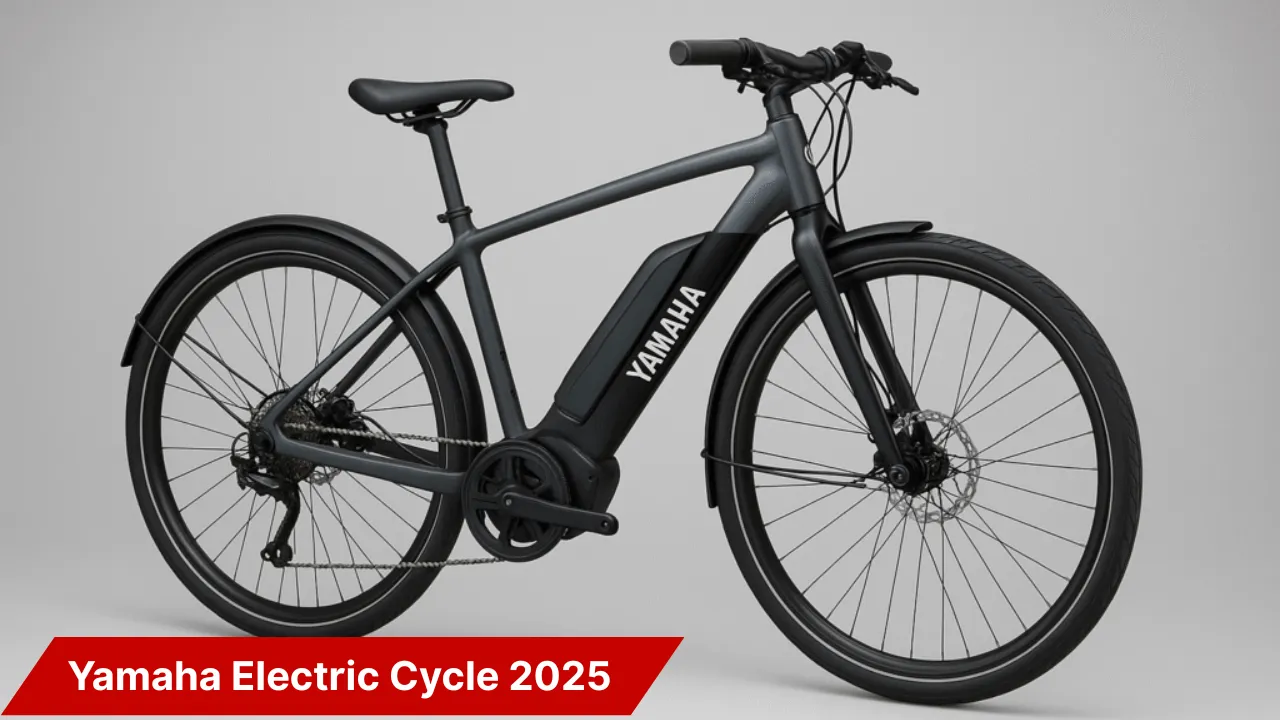Kerala State Coir Machinery Manufacturing Company stands as a pillar of innovation and empowerment in India’s traditional coir sector. In a landscape where small-scale industries often struggle for relevance, this organization is creating waves of transformation, particularly in isolated and underserved island regions.
The aim of this article is to explore how this government-backed machinery company supports remote island communities through the delivery of coir processing machines, training, and development programs. We’ll look at the practical impact it has had on islands like Lakshadweep and Munroe, where coir is more than just a product—it’s a source of sustainable livelihood and community growth.
How Kerala State Coir Machinery Manufacturing Company Supports Remote Island Communities
The Kerala State Coir Machinery Manufacturing Company is not just a machinery supplier—it is a bridge between tradition and innovation. By making coir processing more accessible and efficient, the company empowers people in remote island communities to start and sustain local coir businesses, gain technical skills, and achieve economic independence. From low-cost machines to skill development workshops, its outreach initiatives help convert coconut husks into opportunity. Through collaboration with local self-help groups and cooperatives, this initiative ensures that even the most geographically isolated communities become active participants in the broader coir economy.
Overview of the Company’s Impact on Island Communities
| Initiative | Impact | Beneficiaries |
| Supply of coir machinery | Boosts local coir production | Island-based entrepreneurs |
| Skill training programs | Enhances technical knowledge | Women and youth |
| Government subsidies | Reduces entry cost | Low-income families |
| Support for cooperatives | Encourages group enterprises | Self-help groups |
| Eco-friendly machinery | Supports sustainable practices | Environment-conscious producers |
Supporting Island Communities with Technology
Islands often suffer from poor connectivity and limited access to modern tools. The Kerala State Coir Machinery Manufacturing Company steps in to close this gap by providing compact, durable, and efficient coir processing machines suited for low-infrastructure environments. These machines are designed to work with minimal electricity and maintenance, which is critical for remote communities with limited resources.
With their support, islanders can transform raw coconut husks into ropes, mats, and brushes right at their doorstep. The ability to process coir locally eliminates the need to transport raw materials to the mainland, saving time and money while fostering sustainable livelihoods.
Training and Skill Development
Modern equipment alone is not enough; people must know how to use it effectively. That’s why the company invests heavily in skill training for local youth, women, and small-scale entrepreneurs. These programs cover machine operation, safety, product quality control, and even business management.
The company regularly conducts on-site workshops and partners with local panchayats and NGOs to ensure training reaches the right people. This has helped create a confident workforce in islands that were once cut off from mainstream coir industry innovations. Many of these trainees now lead local businesses, becoming role models in their communities.
Promoting Self-Employment
The focus of the Kerala State Coir Machinery Manufacturing Company is not just on mass production but on enabling individuals to earn a stable income. By offering low-cost, user-friendly coir machines, the company encourages people in island regions to become micro-entrepreneurs.
Whether it’s a single-person rope-making unit or a family-run fiber extraction setup, these machines lay the foundation for local coir businesses. In many cases, families now run cottage industries, selling finished products to nearby towns or tourists, turning coir into cash and self-respect.
Strengthening Local Economies
Local production brings local profit. When islanders produce coir goods using efficient machinery, they don’t just meet local demand—they often exceed it. Products such as door mats, brushes, and ropes find markets beyond the islands, helping these communities connect with larger supply chains.
This economic shift improves family income, encourages youth to stay back instead of migrating to cities, and allows reinvestment in rural employment initiatives. Slowly but steadily, these islands transform from dependent zones into self-sufficient centers of production and trade.
Government Collaboration and Subsidies
One of the strongest pillars of this initiative is its collaboration with state and central government schemes. Through targeted subsidies and grants, the Kerala State Coir Machinery Manufacturing Company ensures affordability for first-time entrepreneurs.
This partnership not only reduces the financial burden of acquiring machinery but also promotes inclusivity—allowing women, tribal groups, and low-income individuals to enter the coir market. Subsidies often cover 50-70% of the machine cost, and in some cases, the full amount, depending on eligibility and the project’s social impact.
Success Stories from Island Communities
- Lakshadweep Islands: Women’s self-help groups have started rope-making and coir mat units with the help of machines supplied by the company. These products are now being sold at local markets and exported to the mainland.
- Munroe Island, Kerala: A flood-prone island once dependent on agriculture has seen a shift toward coir processing. Families now operate mini-units that turn coir into value-added products, reducing their vulnerability to climate shocks.
These stories reflect a larger trend of island development supported through small but impactful industrial tools.
Eco-Friendly Practices
Environmental sustainability is built into the machinery design. Unlike traditional coir processing, which often led to waste and pollution, the modern eco-friendly machinery provided by the company minimizes fiber loss, reduces water use, and avoids toxic chemicals.
This is particularly important for fragile island ecosystems where natural balance is key to survival. The company also promotes the recycling of coir waste into byproducts such as coir pith blocks and garden materials, adding another revenue stream for locals.
Challenges and Continuous Support
Despite the visible progress, island communities continue to face logistical issues—unreliable electricity, transportation costs, and weather-related disruptions. The Kerala State Coir Machinery Manufacturing Company responds by offering battery-operated or solar-powered models and ensuring maintenance teams are available to reach even the most distant locations.
Their customer service approach focuses on long-term engagement. Buyers are not just clients but partners in rural progress, receiving regular updates, refresher training, and technical support to keep operations running smoothly.
Community Engagement and Women Empowerment
Empowering women is central to the company’s mission. By working with women’s cooperatives and self-help groups, the company makes sure that machinery and knowledge are not just given, but owned and operated by women in remote communities.
This promotes women empowerment, enhances household income, and encourages inclusive development. Today, many women in island areas who had limited income sources now manage their own coir units with pride and efficiency.
Why This Support Matters
The work of the Kerala State Coir Machinery Manufacturing Company is not charity—it’s smart development. By giving islanders the tools they need to stand on their own, the company promotes equity, sustainability, and economic resilience. It’s a model that proves that real change doesn’t always come from large factories or massive budgets, but from empowering people, one machine at a time.
FAQs
1. What kind of coir machines does the company provide to island communities?
They offer compact, efficient coir processing machines for tasks like fiber extraction, rope making, and mat weaving.
2. Are these machines affordable for small businesses?
Yes, the machines are subsidized through government schemes, making them affordable even for low-income individuals.
3. Is training provided for machine operation?
Absolutely. The company runs training programs and workshops to ensure users can operate machines safely and efficiently.
4. How does this initiative support women in island communities?
By partnering with women’s groups and offering skill training and equipment, the company encourages women to run their own coir businesses.
5. Are the machines environmentally friendly?
Yes, they are designed to reduce waste and operate efficiently with minimal environmental impact.
Conclusion
The journey of remote island communities from isolation to inclusion in the coir economy is being powered by the dedication and innovation of the Kerala State Coir Machinery Manufacturing Company. By bringing technology, training, and opportunity to the doorsteps of those once left behind, the company redefines what meaningful rural development looks like.
From creating jobs and boosting local economies to empowering women and protecting the environment, their work speaks to a larger vision—one where no community is too small or too remote to thrive.
If this story of change inspired you, share it with others, leave a comment, or explore more about how local industries are shaping a better future.













 Claim Here!
Claim Here!